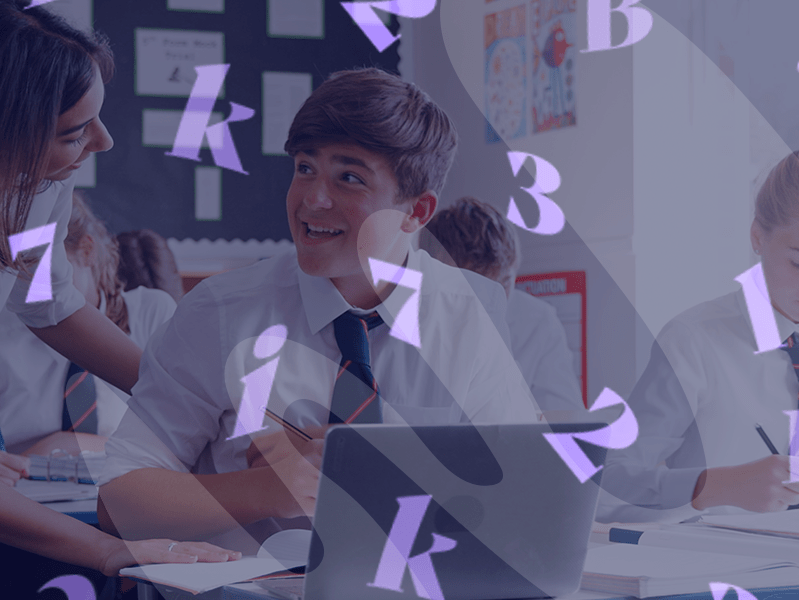This section notes that revised guidance on Relationships, Sex and Health Education is expected to be published this summer and if published, this will be signposted here in September 2025.
In relation to online safety, this section has been updated to clarify that misinformation, disinformation (including fake news) and conspiracy theories are classed as safeguarding harms.
The filtering and monitoring section of the guidance now includes a link to the departments ‘plan technology for your school service’ tool which allows schools to self-assess against the filtering and monitoring standards and receive personalised recommendations on how the school can meet them. This section also now includes linked Department for Education guidance on how to safely use generative AI in education to support schools and colleges.
The ‘information security and access management’ section has been amended to clarify that the cyber security standards for schools and colleges advice was developed to support schools to improve their cyber resilience.
Information has been added to the ‘alternate provision’ section to clarify and reflect existing alternate provision guidance. This section provides schools with guidance on how to effectively safeguard pupils attending a placement in an alternative provision.
The updated guidance continues to identify one group of children at greater risk of harm, as those who are absent from education. The guidance highlights and clarifies that the ‘working together to improve school attendance’ document is now statutory.
The section focusing on ‘virtual school heads’ now explicitly states that the role of the virtual head has been extended to include responsibility for promoting the educational achievement of children in kinship care.
A note has been added to the ‘children who are lesbian, gay, bisexual, or gender questioning’ section that the Department for Education plan to publish revised guidance on gender questioning children this summer and if published, this guidance will be signposted to in September 2025. The terms ‘spectrum’ and ‘disorder’ have also been removed from paragraph 205 when discussing the additional vulnerabilities of those questioning their gender also having a diagnosis of Autism and/or ADHD.












